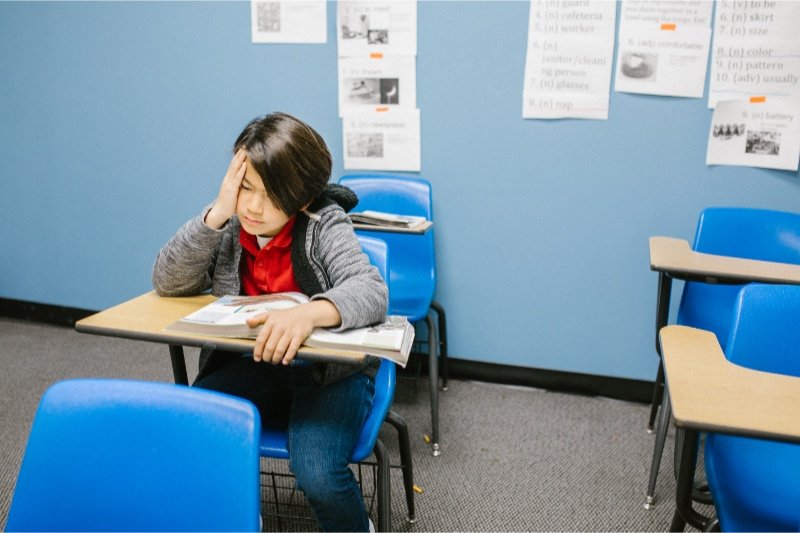School is meant to be a place of learning, growth, and social interaction. However, for many students, the experience can be marred by the overwhelming presence of school anxiety. The pressure to excel, the fear of judgment, and the constant demands can lead to heightened stress levels. In this article, we will delve into the world of school anxiety, exploring its causes and offering effective strategies to help students overcome it.
Understanding School Anxiety: School anxiety can manifest in various ways, from general unease to full-blown panic attacks. It often stems from factors such as academic pressure, social expectations, fear of failure, or even a previous negative experience. Recognizing these triggers is the first step in addressing the issue. By identifying the root causes, students, parents, and educators can work together to find appropriate solutions.
Creating a Supportive Environment: One of the most crucial elements in combating school anxiety is fostering a supportive environment. Schools and parents should encourage open communication, allowing students to express their concerns and fears without judgment. Educators can play a pivotal role by being approachable and empathetic, providing students with the reassurance that seeking help is not a sign of weakness. Creating a safe space for dialogue can significantly alleviate the emotional burden students carry.
Developing Effective Coping Strategies: Equipping students with coping strategies is essential for managing school anxiety. Mindfulness exercises, deep breathing techniques, and visualization can help students stay grounded during stressful situations. Time management skills are also invaluable – breaking tasks into smaller, manageable steps can prevent overwhelming feelings. Encouraging physical activity, hobbies, and creative outlets outside of academics provides a healthy outlet for stress.
Promoting a Balanced Lifestyle: A balanced lifestyle is a powerful antidote to school anxiety. Adequate sleep, a nutritious diet, and regular exercise contribute to both physical and mental well-being. Parents can help by setting realistic expectations and ensuring that children have time for relaxation and play. Educators, too, can play a role by assigning reasonable workloads and promoting a culture of self-care within the classroom.
Seeking Professional Help: When school anxiety becomes overwhelming and begins to interfere with a student's daily life, seeking professional help is a crucial step. Therapists specialize in addressing these issues and can provide tailored strategies and interventions. It's essential to break the stigma surrounding mental health and convey to students that seeking help is a sign of strength.
School anxiety is a significant challenge that many students face, but it's important to remember that it is not insurmountable. By creating a supportive environment, teaching effective coping strategies, promoting a balanced lifestyle, and seeking professional help when necessary, we can empower students to overcome school anxiety and embark on a smoother, more enjoyable academic journey. With the collective efforts of parents, educators, and students themselves, we can pave the way for a brighter and less anxiety-ridden future.

